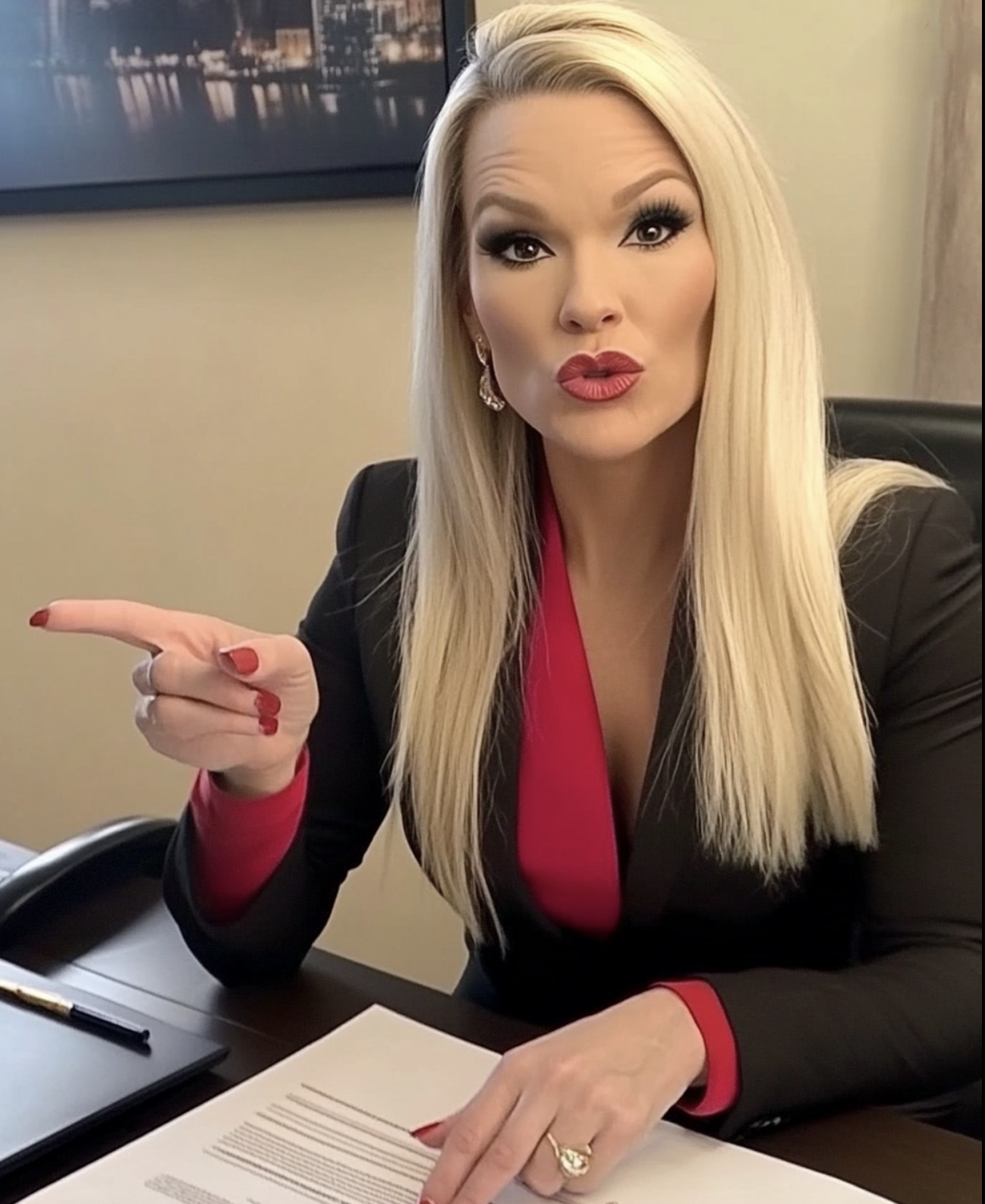When my mother passed away, I was convinced that familial bonds were unbreakable. I thought that blood ties would always keep us together. However, everything changed after her death when my sister Barbara stepped in and shattered that illusion.
My mother raised two daughters: me, Charlotte, and my elder sister, Barbara. Naturally, Barbara was the favorite. She received endless praise and attention—whenever she craved roast chicken, Mom would have it prepared in no time; when she needed assistance, Mom was always there. With her radiant blonde hair and striking blue eyes, she was just as stunning as our mother. I, in contrast, had dark hair and brown eyes, and I never quite fit into that image. But I never questioned my place in our family—I loved my mother wholeheartedly.
When Mom fell ill, I dedicated myself to her care. I put my life on hold, nursing her through her struggles and facing each hardship with quiet determination. Barbara, however, was too busy pursuing her acting dreams. “I can’t take care of Mom, Charlotte,” she would insist. “I have auditions, meetings, and events.” Thus, I shouldered the burden while she came and went, flaunting her trendy outfits and sharing glamorous photos with an air of indifference.
One day, when Mom was far too weak to eat, Barbara casually remarked, “This is a glamorous life, Mom. And you really need to polish your appearance, Lottie—you have to stand out. Your posture is dreadful.” I simply replied, “It’s my responsibility, Barbara,” and moved on. Months went by, and eventually, Mom passed away. That’s when Barbara re-entered—not to mourn, but with a keen eye for our mother’s estate.
After the funeral, we convened with Alistair, our mother’s lawyer. Dressed in black with sparkling diamond earrings, Barbara exuded an air of confidence. Before Alistair could read the official will, she produced a yellowed, folded document from her designer handbag. “Look what I found in Mom’s drawer,” she said sweetly. I unfolded it, and my heart sank: the document was titled “ADOPTION DECREE.”
With a smirk, Barbara leaned back. “Well, well, well,” she drawled. “Now it all makes sense as to why you’ve always looked so different.” My hands shook as I skimmed the decree again and again. “You’re lying,” I gasped. “You must have faked this—had one of your sketchy friends forge it!”
With a dramatic gasp, she tapped her long nails on the desk. “Oh, Charlotte, don’t be so melodramatic. It’s all right here: you’re adopted. Your brown hair and eyes simply don’t belong to our family.”
Those words struck me like a blow. Had Mom really hidden this secret all her life? And why? Even if it were true, I would have loved her just the same. But then Barbara coldly stated that despite our mother’s wishes, she would ensure that I inherited nothing—because I didn’t belong.
Devastated, I realized something didn’t add up. The name on the adoption papers was blurred out, which raised my suspicions. As Barbara demanded that Alistair hand over everything to her, I knew I had to fight back. I insisted on a DNA test, determined to uncover the truth. Barbara scoffed, sneering that it would only confirm that I was not family. “If I’m truly adopted, let’s see the proof. If so, it only strengthens your claim,” I argued. Hesitantly, she agreed.
The DNA results shocked everyone. They revealed that Barbara was not biologically related to our mother. In a shaky confession, Aunt Helen—our mother’s younger sister—revealed the truth. “Your mother found Barbara abandoned at a train station when she was two,” she explained through tears. “Mom took her in and legally adopted her a year later, ensuring that no one could ever take her away. She loved you both equally, regardless of blood.”
This revelation left me reeling. I was our mother’s biological daughter, while Barbara, despite being raised with equal love, was not. When I confronted Barbara with the DNA results and Aunt Helen’s story, she initially laughed in disbelief before paling. “No, this can’t be right,” she stammered. “Mom loved me—she wouldn’t have taken in some abandoned child!” Yet deep down, she knew the truth.
Barbara had always thrived on being the favorite child, and this revelation threatened to unravel the foundation she stood upon. Instead of accepting the love our mother had given her, she had used it to justify her efforts to seize my inheritance and erase me from our mother’s history.
We met with Alistair once more. Despite Barbara’s attempts to lay claim to everything, the will was straightforward: our mother intended for us to share her estate equally. “Your mother wanted a 50-50 split,” Alistair confirmed. “If you keep contesting this, Charlotte, you might end up inheriting everything.” Enraged and desperate, Barbara threatened to take the matter to court, vowing to claim everything for herself.
In that moment, I resolved not to let her destroy our family’s legacy—or my own future. I hired Alistair to represent me, and soon the courtroom battle began. After months of litigation, the judge ruled in my favor. I received my rightful share, while Barbara’s schemes not only cost her the inheritance but also her pride and any future prospects.
Reflecting on the situation, I realized that Barbara’s relentless desire to feel she belonged came at a tremendous cost, ultimately betraying her. She had tried to rewrite history, only to self-destruct in the process. As I ponder everything that transpired, I find myself questioning: what would you have done in my position?

